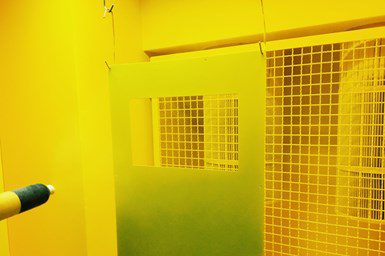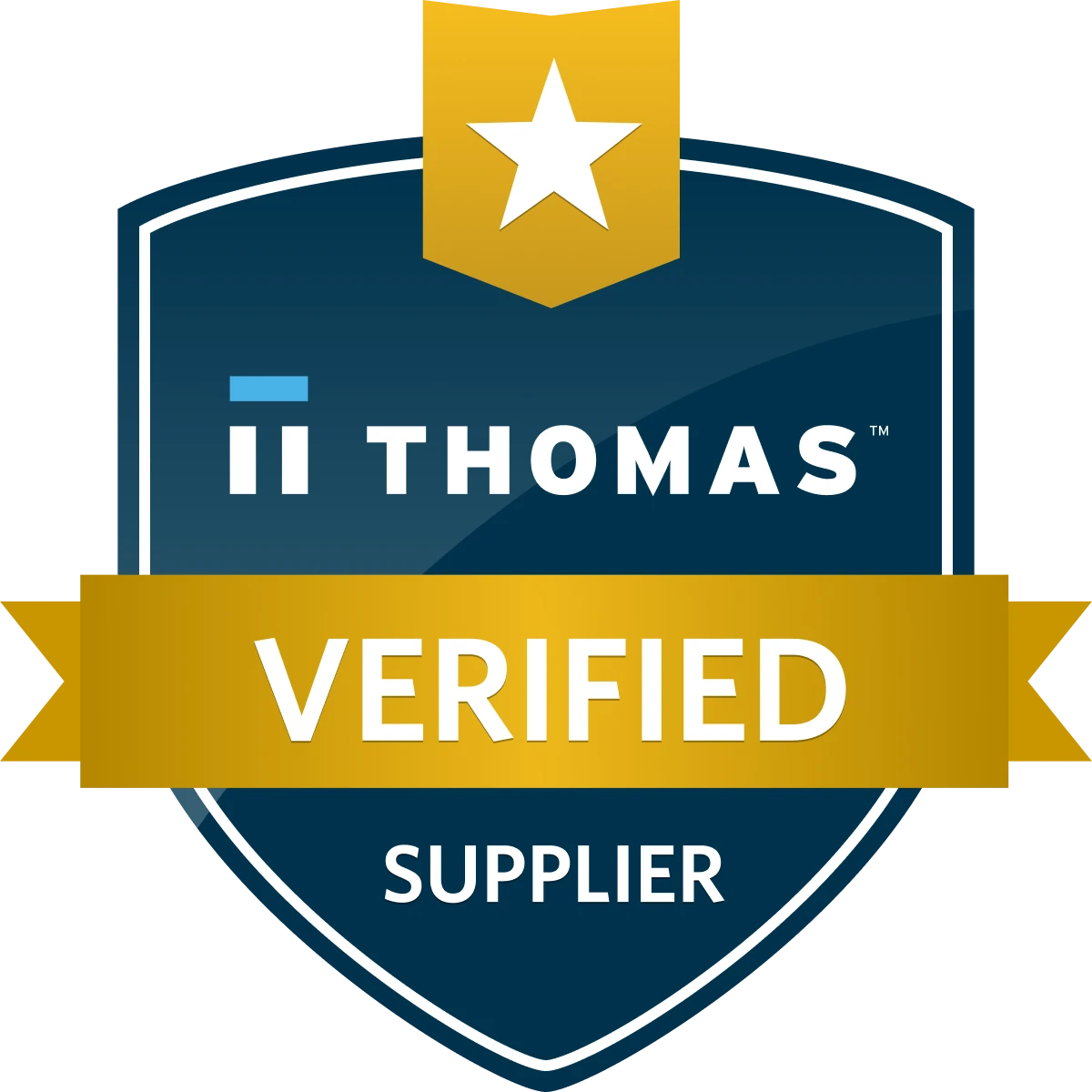Q. I hear all the time that it is important to have a good ground when powder coating, but how come I can still powder coat even with what appears to be no, or little ground?
That’s an excellent question. I preach good ground whenever I can get anyone to listen to me and many times during the discussion someone will bring up the point that they can powder coat even though they know they have a terrible ground. And I always answer that this is true. Powder coating is a process where you can have everything going against you — poor ground, a bad powder gun, bad powder, moist compressed air — and you can still make the powder stick to metal. But, in those instances, you are not doing it effectively or efficiently. So, if cost and quality are not important to you, then by all means, keep doing what you are doing. But if you care about cutting material waste and costs and producing quality coated parts, keep reading.
Here’s what goes wrong with a poorly grounded part:
- Your transfer efficiency is greatly reduced. What does that mean? Essentially, it means it is costing you more to coat the part than it should. The electrostatic process involves impressing high voltage on the electrode of a powder gun. But that is only part of the process. Without an earth ground, or other ground, in close proximity of the electrode, current will not flow. Without current flow, there is no means to create ions. Without ions, there is nothing to charge the powder particles. Anything less than a solid earth ground is reducing the creation of ions and, in turn, reducing the number of ions present to charge powder particles.
- Film thickness varies significantly across different regions of the part. This phenomenon has been documented in several groundbreaking engineering studies. I’ve seen poorly grounded parts exhibit film thicknesses anywhere from under one mil up to and over seven mils on the same poorly grounded part. Don’t assume that this was operator error; these parts were coated on a conveyorized automatic powder line with quality guns with no operator present. Of course, you know that thin films will show the underlying metal and heavy film builds that exceed powder manufacturers’ specifications reduce most mechanical properties guaranteed by the powder manufacturer.
- Orange peel happens very quickly. With no path to ground, charged ions on powder particles and the always present excess free ions have nowhere to dissipate. Subsequently, they build up in large numbers on the part surface leading to back ionization.
- You increase the potential for booth fires. This is especially true for automatic powder coating booths. If the electrostatic energy built up on the ungrounded part happens to find a path to ground and it is within the spray pattern of the gun, the static discharge is known in some cases to have enough energy to ignite the powder cloud.
Read more: Do You Have Good Ground?






